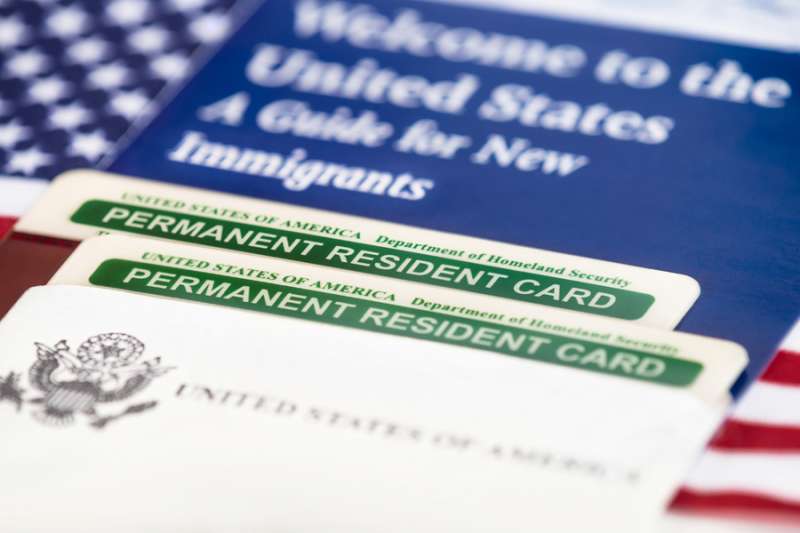The United States Conference of Catholic Bishops has voiced opposition to a new “public charge” policy that could deny visas and green cards to immigrants who use, or are deemed likely to use, various public welfare programs such as food stamps, Medicaid, or housing assistance.
The rule was announced on August 12 and is expected to be formalized on Wednesday when it is published in the Federal Register.
“Ultimately, we believe that this rule is in tension with the dignity of the person and the common good that all of us are called to support,” said Bishops Joe S. Vasquez of Austin and Frank J. Dewane of Venice (FL) in a statement released by the USCCB website Tuesday.
Vasquez is the chair of the USCCB Committee on Migration, and Dewane leads the USCCB Committee on Domestic Justice and Human Development.
The rule is set to go into effect on October 15, and will not penalize immigrants applying for green cards or visas public benefit previously used. The penalties will only be applied to people who used public assistance after that date.
Ken Cuccinelli, the acting director of U.S. Citizenship and Immigration Services, explained Monday that anyone who applying for either legal status or a green card must show that they will not be a “public charge.”
“Our rule generally prevents aliens who are likely to become a public charge from coming to the United States or remaining here in getting a green card,” said Cuccinelli on Monday during a briefing.
“‘Public charge’ is now defined in a way that ensures the law is meaningfully enforced. Those who are subject to it are self-sufficient under the rule of public charge is now defined as an individual who receives one or more designated public benefits for more than 12 months,” he said.
In an appearance on NPR’s Morning Edition on Tuesday, Cuccinelli went further in his defence of the new rule, paraphrasing the famous inscription at the base of the Statue of Liberty.
"Give me your tired and your poor who can stand on their own two feet and who will not become a public charge," he said, while insisting that “no one has a right to become an American who isn't born here.”
In their own statement, the bishops said that the new rule would mean families in difficulty could not get the help they need.
“This rule will undermine family unity and lead many lawful immigrants to forgo vital assistance, including enrollment in nutrition, housing, and medical programs,” said the bishops.
“Families already in the U.S. will be faced with deciding whether to access critical assistance programs for which they qualify, knowing that in doing so they could jeopardize their ability to stay here with their loved ones. And, it will reduce the ability of many to reunify with family in the U.S.,” they added.
The bishops warned that the anticipation of this rule change has already created a “culture of fear” in immigrant communities.
Cucinelli defended the policy as “the same sort of requirements that we’ve had in the past, for well over a century,” and said “What we're looking for here are people who are going to live with us either their whole lives or, ultimately, become citizens, who can stand on their own two feet.”
Programs such as disaster relief, food pantries, and homeless shelters, or programs that are for the benefit of children, such as school lunch programs, WIC, CHIP, or Medicaid received by people under the age of 21 or by pregnant women, will not count against someone’s green card or visa application.
Additionally, an applicant’s English skills and health will also be considered during an application for permanent residency or legal status.
Cuccinelli denied that the regulation was aimed at one ethnic group in particular, saying “If we had been having this conversation a hundred years ago, it would have applied to more Italians.”

